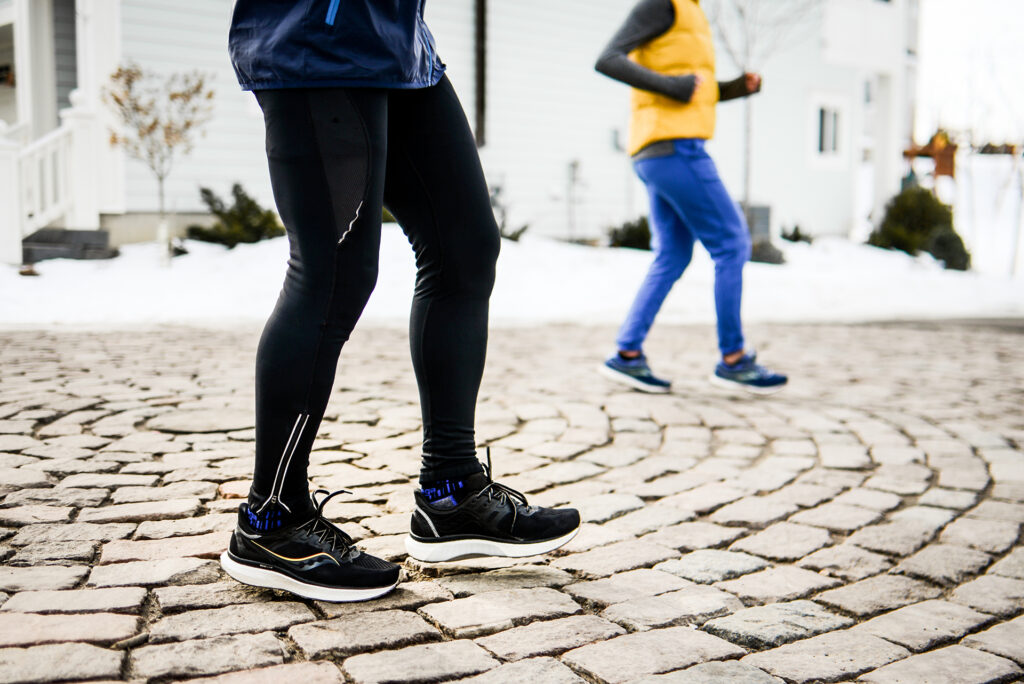About BQ Running
Qualifying to the Boston Marathon is an accomplishment to be celebrated. Here, we’ve built a community to recognize BQualifiers and we want to celebrate you!

Sometimes, it’s not the finish line that we need to celebrate, it's the journey. So congratulations, runners. Run on. Run on.
Gregory Olson
Our Vision
To run in the Boston Marathon is the ultimate goal for many runners, however, the opportunity to actually participate in the coveted race is highly competitive due to capacity limits. For this reason, not all runners who attain the qualifying time are lucky enough to run Boston. If you are anything like our founder, Greg, you know all the hard work and training you put in to qualify for the Boston Marathon deserves some recognition. BQ Running was created to:
- Encourage runners to celebrate their accomplishment of reaching the incredible milestone of qualifying for Boston
- Recognize that celebrating the accomplishment of reaching that Boston-qualifying time is so sweet, that actually running the Boston Marathon becomes simply the cherry on top of the sundae
- Create a community of qualifiers to recognize their accomplishments
Let Numbers Talk
Greg's journey
The physical and emotional swings in training and racing have only fueled my desire to train harder and to grind longer. I remember my first attempt at qualifying for Boston very clearly.
It all started in early January 2012 when my son, Alec, was attending his first year at Boston University and running for both the cross-country and track teams. A thought came to my mind–Wouldn’t it be great if I ran the Boston Marathon while he was there? At the time, my running background was nothing noteworthy or special. It included three years of running the short sprints in high school track and turned into on-and-off-again jogging for exercise for the next thirty-three years. I couldn’t get the thought out of my head, so what did I do? I just started running–no training plan and no research, nothing but my own naiveté to succeed. My running equipment was minimal; I used a Timex watch with the ability to switch into a stopwatch and a pair of Saucony Hurricanes, sized 10 1/2. I remember using my bike odometer to map out distances for my runs. To run in my first Boston-qualifying race I had a training block of 10 weeks and, during that time, my longest weekly mileage was 42 miles. As far as I was concerned, I was ready.
When race day arrived, I showed up at the start line about one hour early to get my bib number. I told the race volunteers I was 51 years old and they looked up the pace group I was supposed to run with. They pointed me to the 3:35 pace group. My group started off with about twenty runners from all age groups, hyped-up with a mixture of adrenaline and coffee. As the race progressed, a fellow runner said to me, “Oh, I see you’re running free.”
I said, “I don’t know what you mean?”
“You’re not wearing a watch. Aren’t you worried about not knowing your pace?”
“No, we have a pacer,” I replied.
A short time later, to my equal surprise and horror, our pacer told us he had to stop. What am I going to do? I regretted my rookie mistake of not bringing my own watch. Fortunately, another runner in the group said he would take on the pacer role. The panic subsided. As the race progressed, I held on as most of the runners in our group dropped back and vanished. Along the edges of the course, I noticed the ominous scene of fellow runners either walking or stretching out their cramping muscles. When we arrived at mile 25, there were only two of us left–the back-up pacer and me. I was feeling terrible and telling myself to just push forward for a quarter-mile at a time. We both crossed the finish line at 3:34:09–51 seconds to spare under the Boston-qualifying time. Elated high fives were given to everyone around. I was ecstatic that I had nailed my first attempt at qualifying for the Boston Marathon. The celebration didn’t last long, however. After returning home, I went online to look at the BAA website. Dismay sunk in when I saw the notice that the qualifying time for that year had been reduced by five minutes for the first time in 20 years. As it turned out, I had not officially qualified; my qualifying time of 3:34:09 was over the new 3:30 time for my age group. It was devastating news that those rough 26.2 miles were now meaningless. My first marathon went from being a great success story to a heartbreaking tragedy. As I’m sure you runners can relate, I kept running, now more determined than ever. Later that year, I finished another marathon at a time of 3:28:41 (without a pacer) using the stopwatch function on my Timex. Lesson learnt. The feeling I had when I officially qualified for my first Boston Marathon was unforgettable and I’m sure yours was, too. That’s why BQ Running is here to help you celebrate that amazing accomplishment.





